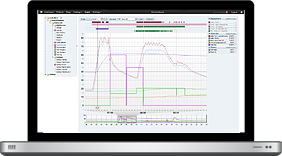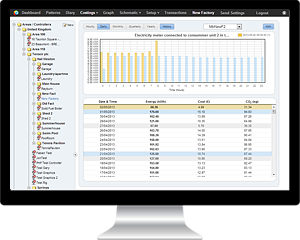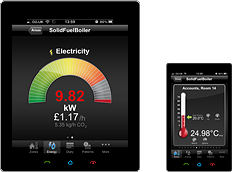Close to a third of fixed dual fuel tariffs will exceed Ofgem’s price cap, research finds

Close to a third of customers on fixed dual fuel tariffs are likely to exceed Ofgem’s energy price cap, set to come into effect at the end of December, recent research from consumer organisation Which? has been able to suggest.
The government-imposed price cap has the purpose to limit the daily standing charge and unit rate for the gas and electricity one is using if they are on the supplier’s default tariff. This means that a medium gas and electricity user would pay £1,136 annually. However, the actual bill will depend on real usage, and the price cap will also vary depending on where the home owner lives as well as how they pay.
Energy regulator Ofgem will set the cap and reassess it every six months; it can raise it if costs increase. The cap will be in place until at least 2020, and can be extended until 2023.
However, the analysis by which has revealed that no less than 70 fixed tariffs would be higher than the government’s cap of £1,136 for a home with typical energy consumption.
When the cap comes into force, around 11m households on default tariffs are expected to save £75 on average, or around £1bn collectively. However, the aforementioned research proves once again that even with a cap in force and switching supplier, optimizing one’s energy consumption is always the best way to achieve significant savings.
HeatingSave – helping you save energy and money
If you’re looking for an alternate way of saving up to 30%+ on your energy bills, then HeatingSave is just the thing to consider.
Building Management Systems are capable of delivering extensive monitoring and control options, compared to basic controls. They typically employ data from a variety of sources (boiler flow and return sensors, internal and external temperature sensors, occupancy sensors, humidity sensors, etc.), and enable the perfect optimization of a building’s boiler-based central heating system.
HeatingSave is also approved to work and save fuel within the Energy Technology List, which is managed by the Carbon Trust on behalf of the Government. It is also approved by the Department of Energy & Climate Change and the Energy Savings Trust and was specified by the Building Research Establishment for the energy efficient homes retro-fit program, called The Greenhouse Project.
If you’d like to find out more about HeatingSave’s accreditations, just visit the dedicated section on our website, and for any other information, just get in touch with our dedicated product team.






